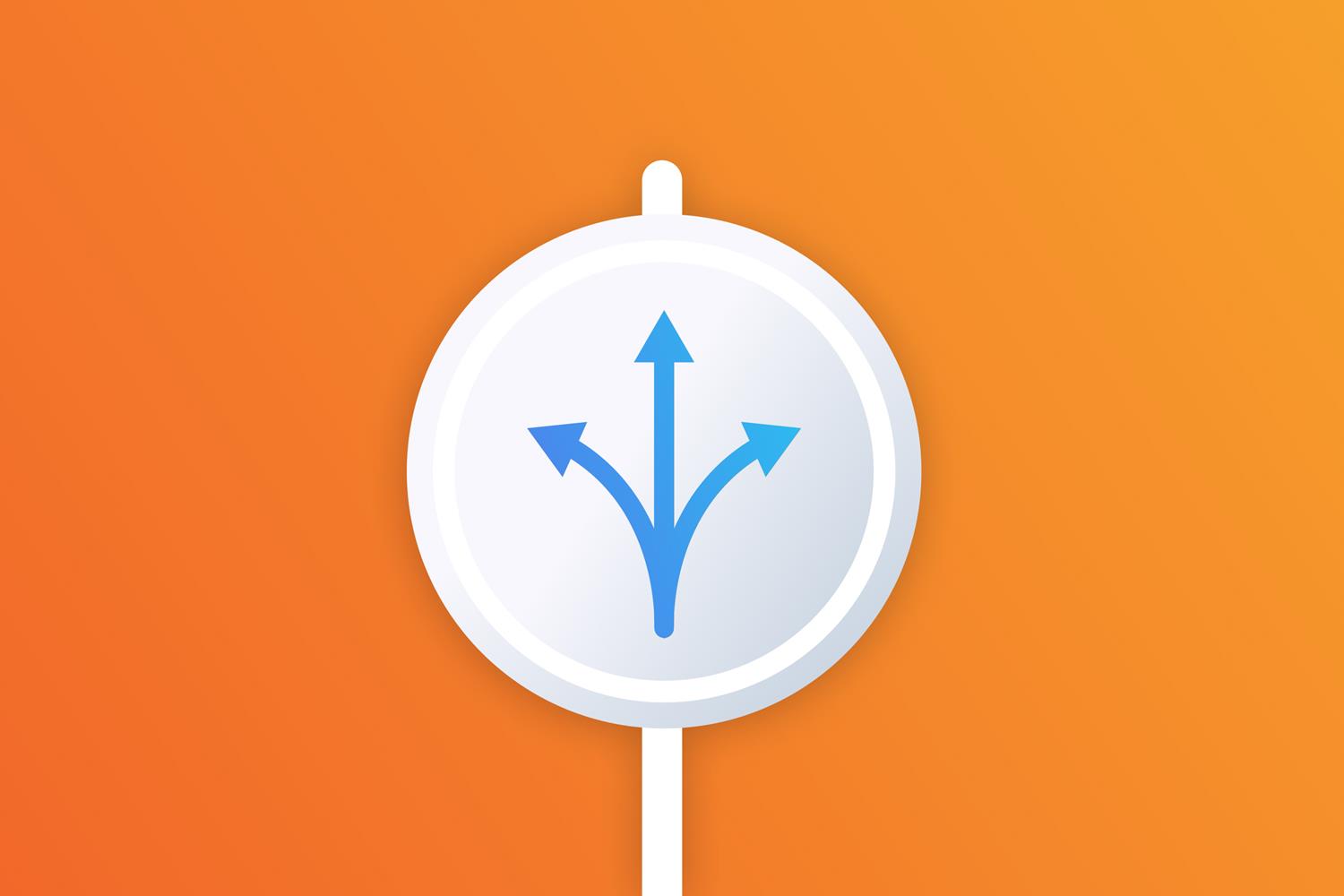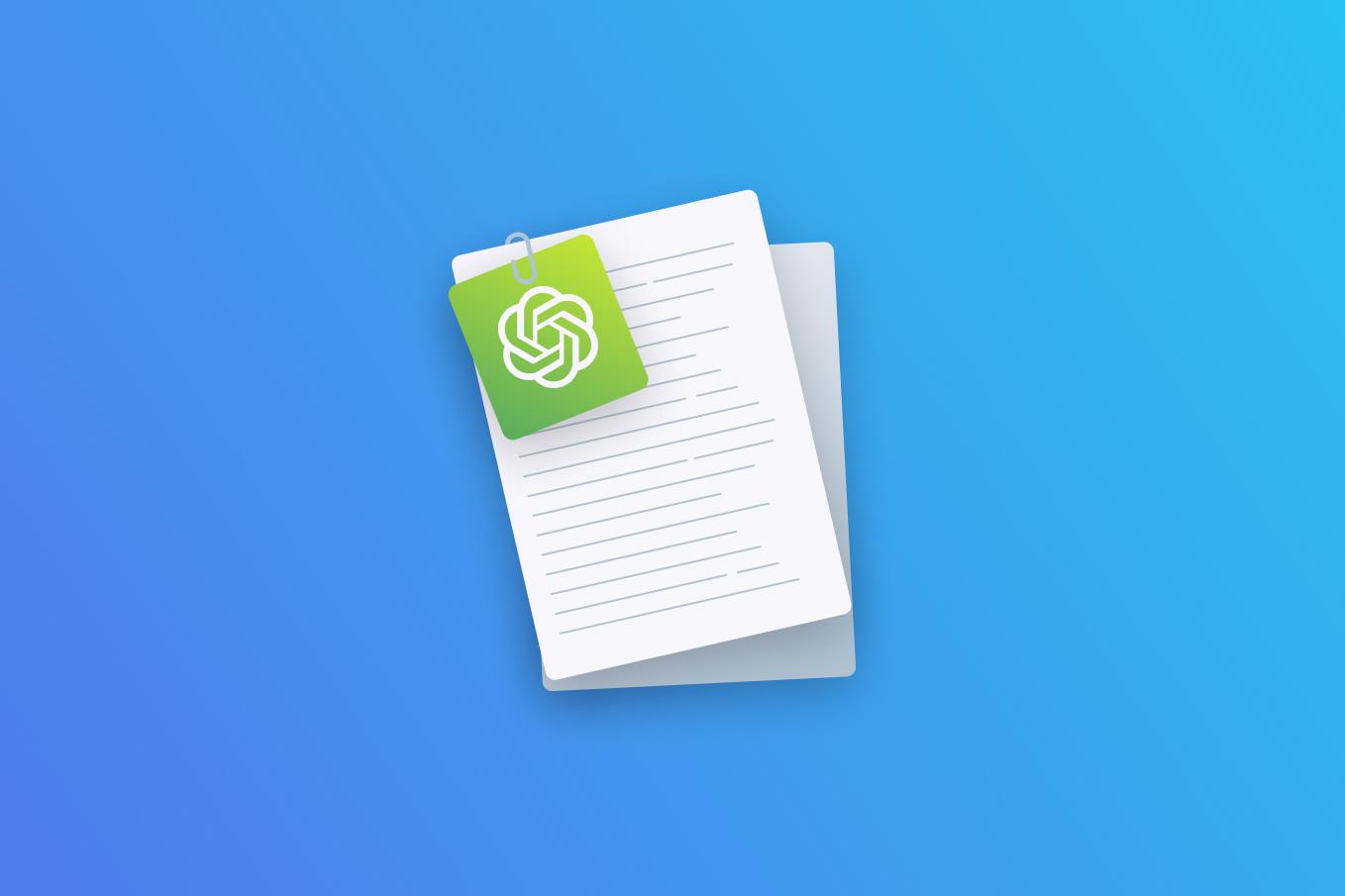EPAM Training Center offers many options for starting your career. However, before registering for the training, it is important to understand what exactly awaits you after the course. Today we share the stories of two DevOps Fundamentals students—about the basic technologies and tools you need to start a DevOps career.
The first and shorter way, which Aliaksei will tell in more detail about, is based on self-education. You must study online using prepared materials and video tutorials, accompanied by mentors—specialists of our practical training. If you continue to work in the Cloud&DevOps laboratory, which will be discussed in Mikita’s story, you will have the opportunity to study with trainers, and then choose the direction of Azure DevOps or AWS/GCP DevOps. The advantages of each path, the peculiarities of learning and the most difficult moments are described in the interview below.
Aliaksei Zadykhanau, Junior Systems Engineer on the E-commerce project at EPAM
When I first heard the word DevOps, I already had quite a lot of experience working as a system administrator. Having studied this specialty a little, I realized that I wanted to be a DevOps engineer and even started learning some tools on my own. I knew about the EPAM training center even before I graduated from the university. I even started taking a course on Automated Testing for self-development, but due to lack of time at that moment I did not reach the end. Therefore, by the time the DevOps Fundamentals course opened, I already knew that “this is what I want.”
“At the first stage of the training, it was difficult for me to learn the theory, because I lacked the basic knowledge”
The training consists of the fundamentals that will be useful not only to a DevOps specialist but also to a systems engineer. Students get acquainted with Linux, Windows, Bash, PowerShell, virtualization, the basics of computer networks. Instead of lectures, they get theoretical materials and videos available at any time. After each section, there is a test to strengthen material passed and a practical task that helps to refresh your memory. There are no deadlines for completing the training, but if you find at least an hour or two every day, you can complete it in 5–6 months.
The training took me several hours every day. I have been working all this time, but I cannot say that study is compatible with any work. I happened to have fewer current tasks during that period because almost the entire office switched to distance working. I had time for self-education, and I could allow myself to watch tutorial videos during the working day.
At the first stage of the training, it was not easy for me to learn the theory because I lacked some knowledge of the basics. However, I confidently moved through the training program and successfully passed the part for self-education, which was confirmed by the results of the final test and feedback on completing the practical task in Bash and PowerShell. Then I was invited for an interview, at the end of which I was offered to take the next online course—DevOps Junior Engineer.
Many of the things that we studied in that part, I already worked with and saw related areas in my previous work, so it was easier for me to study. For example, I covered the Git course in the Automated Testing training, and I have already worked with it. I also worked with Docker, Active Directory, Python programming fundamentals.
In my opinion, to finish the training, you need to be truly interested in the topic because a lot of emphasis is put on independent study. Plus, a lot depends on whether you have background knowledge or not. It took me a little more than six months to complete the training, and this is considering Internet failures that is why I had to pass the test twice after the first part of the training. :)
“Now I work with an E-commerce platform, where, in one form or another, I must apply the knowledge learned at the course”
After completing two stages of the training, I was again invited for an interview, which I successfully completed, and I was offered the position of Junior Systems Engineer. I am not a DevOps Engineer yet, but I am already one step closer, and I can continue my training as an EPAM employee. Now I work with an E-commerce platform, where, in one form or another, I must apply the knowledge learned at the course. We did not study the E-commerce platform during the course, so there is also enough new information that needs to be covered. Most of all, I liked the fact that I could immediately apply the acquired knowledge to work tasks.
“If suddenly something does not work out, you can always try again”
For those who are planning to attend the course, I would recommend studying the material from the list of recommendations and at least go through one of the topics on your own. For example, I spent a lot of time on Andrey Sozykin’s training course “Computer Networks,” which you can study independently. I also recommend you read “Implementing Lean Software Development: From Concept to Cash”. This book will help to reconsider the point of view on the issues of work organization. After this book, read “The Phoenix Project: A Novel about IT, DevOps, and Helping Your Business Win” to understand what a DevOps methodology is and how you can apply some of the techniques from this approach in practice.
To those who are already taking the course, I can only wish you good luck. If suddenly something does not work out, you can always try again. By the way, learn English: to enter the training, you need at least A2 because many materials are in English. If you do not understand the material, you must watch the tutorials with subtitles and translate them. However, if you know the English language, it speeds up the learning process.
Mikita Shnipau, Junior Systems Engineer on the educational project at EPAM
Until 2018, I studied at the Institute of Military Intelligence and did not even know about the DevOps engineer profession. When I realized that Military Intelligence was not really my thing, I re-entered BSUIR and became interested in this direction for the first time. When I saw the announcement about recruiting for the DevOps Fundamentals course at EPAM, I immediately knew that I wanted to study and develop in this direction and applied for it.
At the training, we studied basic concepts on our using materials and video tutorials. At this stage, students who are unable to force themselves to study are dropped out—you need self-control and motivation to complete the course. At that time, I was still studying at the university and busy with student activities, so I only had a month left to finish the first stage, simultaneously improving my English.
“EPAM holds great interviews: they do not interrupt anyone, they “dig” exactly until you start making mistakes”
After studying the training materials on my own and completing the test task, I was invited for an interview. By the way, I want to note that EPAM holds great interviews: they do not interrupt anyone, they “dig” exactly until you start making mistakes, that is, they check the depth of your knowledge. I went through an interview and was offered to continue my studies in the laboratory.
“There were about 25 people in the group—I think if we did not communicate and did not support each other, it would have been more difficult to finish the course”
Studying in the laboratory lasted four and a half months. Every day we had lectures and received tasks to do till the morning the next day. The first stage of the laboratory is a little easier than the second one, but the study takes much time.
In the second stage, students get divided between Azure and AWS/GCP Cloud Domains. The study takes place in the same format, but the intensity increases every day. We handed in tasks the same day, so we could only take a break for sleep. Here, my habit of not sleeping at night, which I gained at the institute of military intelligence, came in handy. There were about 25 people in the group—I think if we did not communicate and did not support each other, it would have been more difficult to complete the course.
“While studying in the laboratory, we also learned English—this was a great opportunity to improve the language”
When I first came to EPAM for an interview, I was offered to have a conversation in English. I did not learn English at school, so I could not keep the dialogue going. We agreed with the recruiter of the training center to talk after six months, and during this time I improved my English level to A2+. This level was enough to complete the training. While studying in the laboratory, we also learned English—this was a great opportunity to improve the language.
“DevOps Fundamentals training and Cloud&DevOps laboratory gave me a head start among other junior professionals
I can state with confidence that studying in the laboratory helped me in my work. Firstly, the approach to teaching in the laboratory is as close as possible to the format of work in EPAM. Secondly, this experience gave me the basis for many of the things that I am currently working with. Finally, it gave me a head start among other junior professionals. To pass the interview was easy for me, and the workflows now seem less difficult to me.
“If you devote time to studying in the laboratory now, soon there will be no problems with employment”
For those who study in the laboratory or are just about to enter, I would recommend not to give up! To give up is very easy, even I sometimes had such thoughts. Second, do not leave the laboratory ahead of time, the work will still come, and you will not receive this knowledge later. If you devote time to studying in the laboratory now, soon there will be no problems with employment.
A FEW FACTS ABOUT DEVOPS LABORATORY...
For more than ten years, EPAM Training Center shows the world of System Engineering and DevOps for newcomers. 600+ future System/DevOps engineers have taken their first steps in our DevOps Lab. Someone during this time became a technical and team leader, and someone became a system architect. We are inspired by the success of our graduates and are constantly developing new technologies, tools, and methods of online learning in the laboratory.
To help you make the right choice, we made you a note with the pros of each option. Remember: there is no right or wrong way—it all depends on what is right for you.
FAST TRACK (Aliaksei’s story)
- Trainings are available at any time—you will have the opportunity to independently choose how much time you want to spend on training.
- You can combine your study and work.
- You can take training with a low level of English, simultaneously improving it to level A2.
FULL TRACK (Mikita’s story)
- In the Cloud&DevOps laboratory at each stage of training, you will work with teachers.
- You can choose between Azure and AWS/GCP Cloud Domains for training, but in further work you will still have to learn all the technology stacks.
- While studying in the laboratory, you will have a lot of practice, which will have a positive effect on further work with the customer.






_05164151.png)
_05330644.png)
_05521451.png)